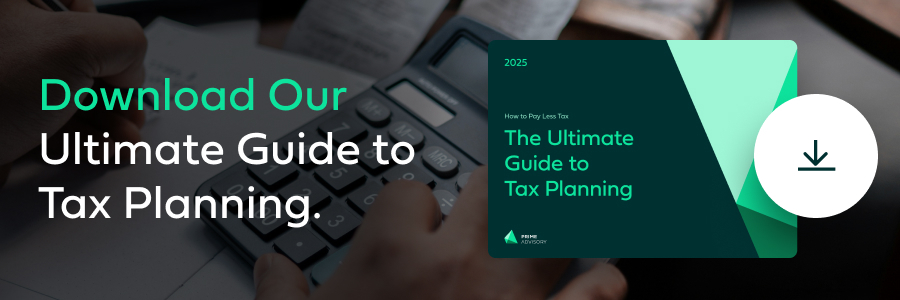How to Take Advantage of the End of the Financial Year
Table of Contents
With the end of financial year 2025 just around the corner, now is the ideal time to optimise your finances and make the most of a range of tax-saving opportunities before June 30.
Whether you’re a small business owner or an individual taxpayer, there are some important deadlines to remember and a few practical tips to consider to ensure you’re not only compliant, but also making the most of a range of tax-saving opportunities.
Below are a few of our top tips on how to prepare for the end of the 2024-25 financial year.
Maximising Your Super Contributions
Making additional voluntary concessional super contributions before 30 June 2025 can also help reduce your taxable income and boost your retirement savings.
- The concessional contributions cap remains at $30,000 for the 2024–25 year.
- If you haven’t reached your concessional cap in previous years, you may be able to carry forward unused amounts (if your total super balance is under $500,000).
- Be sure to submit a Notice of Intent to Claim with your super fund and receive acknowledgment before claiming the deduction.
For SMSFs: Don’t forget to ensure minimum pension payments have been made by 30 June to retain your fund’s tax-exempt status on pension assets.
Take Advantage of the Instant Asset Write-Off
The government has extended the instant asset write-off threshold of $20,000 for eligible small businesses with aggregated turnover below $10 million.
- This applies on a per asset basis, so multiple purchases can be claimed.
- Assets must be installed and ready for use by 30 June 2025 to qualify.
This is an opportunity to invest in equipment, tools, or technology upgrades that will boost your productivity for the year ahead while reducing your taxable income.
Review Expenses and Prepay Where Possible
The end of the 2024-25 financial year is also an ideal time to:
- Prepay business expenses like rent, subscriptions, and insurance (up to 12 months in advance) to bring forward deductions.
- Write off bad debts unlikely to be recovered.
- Review stock levels and consider writing off obsolete or damaged inventory.
All of these actions can help tidy up your books and improve your year-end position.
Plan for Dividends and Distributions
If you operate a company or family trust, review any dividends or trust distributions to ensure they are allocated and documented before 30 June.
- For trusts, trust resolutions must be made before End of Financial Year 2025, or distributions could be taxed at the top marginal rate.
- Check franking credit availability before declaring dividends.
Organise Your Records
Good record-keeping is your best defence in the end of financial year 2025 event of an ATO review or audit. Before the financial year ends:
- Ensure receipts, invoices, and logbooks are up to date.
- Retain documentation for all deductions and capital purchases.
- For investment properties, gather interest statements, depreciation reports, and maintenance invoices.
Digital bookkeeping platforms like MYOB, Xero, or QuickBooks can help streamline the process and reduce manual errors.
The Final Word on Preparing for the End of Financial Year 2025
Taking a proactive approach to your end-of-financial-year obligations is the best way to stay compliant and optimise your financial position.
If you’re unsure about what applies to your current situation, speak with your Prime advisor to find out how we can help.
The right planning means the end of the financial year doesn’t have to be stressful—it’s a golden opportunity to solidify your finances and set you up for success in the new financial year and beyond.
Want to make sure you’ve covered all the bases?
Download our Ultimate Tax Planning Guide for a simple checklist of opportunities, deadlines, and tips to help you get ahead.
Got questions? Send us an email or give us a call on 02 9415 1511—we’re here to help.








